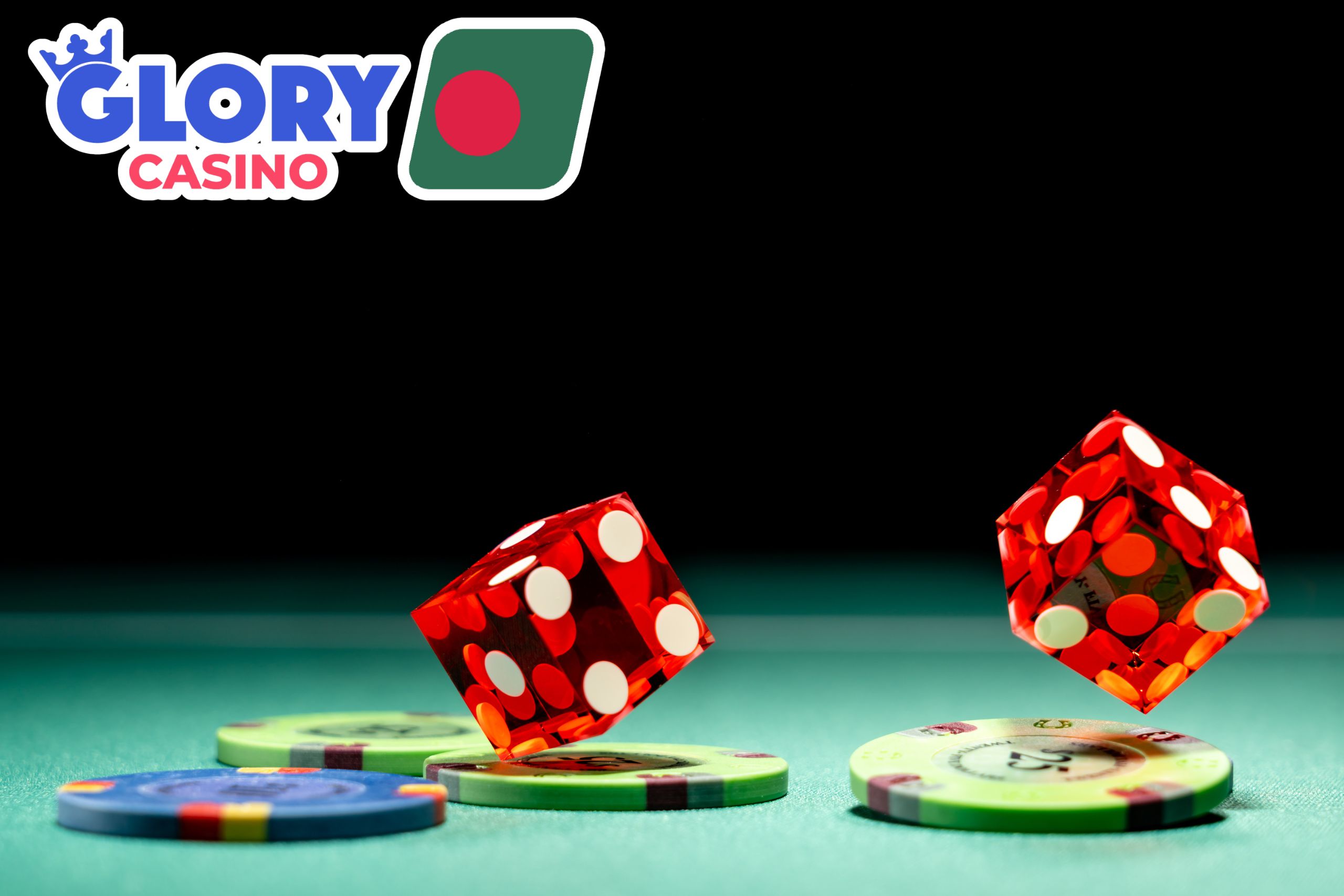No single solution exists for mental health issues. Men and women experience them differently due to a combination of biological and social influences and here’s a solution for ED at wlasnaapteka.com.
Hormonal differences, internalized gender stereotypes, coping strategies, and clinical bias all play a role in how women and men experience mental health conditions.
Rejection and Guilt
Rejection can be a major source of stress for many people. Receiving rejection can feel like an insult to the ego, leading to feelings of shame or guilt. These emotions may make one feel unworthy of love and make it difficult to move on from them.
One of the best ways to cope with rejection is to recognize it’s an inevitable part of life and there’s nothing wrong with feeling hurt when rejected. After all, most of those you admire have gone through rejection at some point in their lives.
Another helpful tip is to remind yourself that being disappointed is normal, particularly when there is a valid reason. Rejection can often be indicative of deeper mental health conditions like anxiety or depression, so seeking professional help may be necessary to resolve the problem.
Rejection may also be linked to other emotions like anxiety and jealousy. All of these are common in relationships with someone living with ED, so it’s essential to comprehend their role in relation to sexual functioning. Furthermore, when these emotions combine they can have detrimental results for both parties involved. Hence, taking proactive measures for your emotional health and learning strategies that manage rejection effectively are recommended in order to minimize its negative effects on your relationship.
Feeling of Emasculation
Although ED can have a physical toll on people, it also takes an emotional toll – particularly on men.
Erectile dysfunction can make a man feel like an inferior, leading to feelings of emasculation and self-doubt. This has an extremely negative impact on relationships as well as mental health.
Therefore, it is essential to discuss and seek treatment for ED as soon as possible. Doing so will prevent it from becoming a chronic issue that causes long-term issues and emotional distance between you and your partner.
Fortunately, there are effective treatments for ED. Psychosexual therapy has often proved successful at helping men cope with anxiety, sex concerns and relationship difficulties.
Another option is medication. Medication can be effective for treating ED if there is a physical cause; however, they can be difficult to take and should only be used in combination with psychosexual counseling.
If you are struggling with an eating disorder (ED), it is essential to find a psychosexual therapist with experience in this type of therapy. They will be able to give you the support and advice necessary for recovery from your ED.
Therapists can assist you in comprehending what’s going on inside of both your mind and body. They offer advice on coping with stress from ED, as well as working to develop healthy habits that will aid management of the condition. Furthermore, therapists provide a safe space to express thoughts and feelings which may be extremely beneficial.
Fear of Rejection
Fear of rejection is one of the primary mental health concerns men experience. Rejection hurts and can lead to feelings of shame and guilt, hindering men from trying new things – particularly dating or finding a job. Fear of rejection also plays an important role in preventing men from making friends or finding employment opportunities.
Fear of rejection is an understandable human emotion, yet it can become overwhelming when left unmanaged. A therapist can assist in exploring your fears and finding strategies for conquering them.
To combat the negative thoughts that can follow rejection, try writing inspiring images and words into your mind that bring positive emotions such as happiness or confidence. Doing this can alter how you perceive situations and how you respond to them.
By adopting these new ways of thinking, rejection will become less anxiety-provoking in the long run. You may also discover that you feel more secure and at ease in situations where you fear rejection.
Rejection can come from many places, so it’s essential to assess each source carefully. For instance, if you’re fearful of romantic rejection, it could be because someone is trying to manipulate or take advantage of you without regard for consequences.
If you find that you are avoiding opportunities that should be pursued due to fear, work on developing stronger friendships and having a backup plan for when things get challenging. Eventually, you’ll be able to conquer this fear and reach your objectives.
Feeling Unloved
When Erectile Dysfunction (ED) affects a man’s mental health, it can lead to feelings of shame and insignificance. This makes it difficult for individuals to openly discuss the condition with others; additionally, finding an understanding partner who understands and can support one through this difficult time can be challenging as well.
Fortunately, there are effective treatments for ED and other sexual health issues. Psychotherapy can be especially helpful in working through mental health difficulties as well as teaching you coping techniques.
One study revealed that men with erectile dysfunction often suffer from depression or anxiety disorders. Unfortunately, these mental health conditions may go undetected, compounding the already present ED symptoms.
These disorders are typically treated with medication, such as antidepressants or stimulants to increase libido. You may need specialized testing to identify the underlying cause of your sexual dysfunction.
Another treatment option for ED and other sexual health issues is seeking psychotherapy with a therapist. The purpose of therapy is to help you comprehend your ED, develop healthy coping mechanisms, and enhance the relationship with your significant other.
Feelings of insignificance are common, often linked to loneliness. These emotions are especially prevalent among those living alone or having low self-esteem, and can have detrimental effects on someone’s health if left untreated; depression increases the risk for erectile dysfunction (ED).
Fear of Infidelity
Infidelity is a devastating experience that can shake the foundations of any relationship. It alters your perspective on life and undermines your confidence in all areas of your connection – including physical intimacy.
Your relationship may also become fraught with doubt and uncertainty, leading you to question its value. You may experience feelings such as anger, panic, betrayal, loss, emptiness and guilt in response.
However, there are steps you can take to help combat this fear. Begin by talking to your significant other about your worries.
Be honest and vulnerable when discussing your fear with your partner, and see if they are willing to work on reestablishing trust between both of you.
If your partner is unable to help, then seeking mental health support may be necessary. A couples counselor can offer a variety of tools for dealing with emotions and restoring a healthy, loving relationship is often the best course of action.
Furthermore, you can work on increasing your self-assurance. With time, the paranoia may begin to subside and it becomes possible for both of you to move forward in your relationship more positively.
Another way to overcome the fear of infidelity is to start dating again. While you will likely experience many emotions and pain during this process, remember that you are a strong individual who can handle whatever comes your way.
Fear of Failure
Fear of failure is an intense emotion that can have a significant impact on your life, leading to a fear of taking risks and trying new things. It may be caused by various factors such as low self-esteem, lack of motivation, or shame.
Accustomed to perfectionist thinking, being perfectionists requires people to meet extremely high standards. Any failure can bring on an immense amount of stress and anxiety for someone with this mindset.
Treatment for this fear may include medications used to treat anxiety and depression as well as therapy. The purpose of therapy is to help you comprehend how this fear is interfering with your life and how it can be managed.
Another way to conquer this fear is by learning how to view failure as a positive opportunity for growth and development. Remember, success often comes through multiple failed attempts that teach us valuable lessons and sharpen our skillset.
Therapists can assist you in cultivating these attitudes and behaviors. Additionally, they will assist you in recognizing how fear of failure is contributing to feelings of anxiety or stress.
If you struggle with fear of failure, it’s essential to seek professional assistance as soon as possible. Doing so gives you the best chance at conquering it and leading a healthy, fulfilling lifestyle free from these negative emotions and beliefs.









